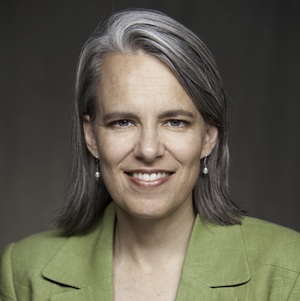
Chapters:
02:30 For Kif Augustine-Adams, collecting family history is in the family history. Her mother’s genealogy, meticulously documented in typical Letter Day Saint style, helped researchers find the genes for Long Q-T syndrome.
07:30 Kif’s daughter’s mysterious Ancestry.com match sat unopened on her desktop for weeks: “I was paying attention to so many other things in terms of family history but not that.”
14:00 The unexpected half-sister: “Based on 50-something years with my mom, it didn’t make any sense”
22:00 “I said mom, that’s rape”… and her mother said, “We didn’t call it that back then.”
32:00 Supporting her mom’s decision not to tell the family provided her mother with autonomy and a sense of control – exactly what the rape took away. But did it validate her feelings of shame?
38:00 Dealing with the pain of making her mother so sad: “I went to a counselor… I needed some guidance and help in figuring out what to do.”
39:10: Ultimately did it help her mother to have this come out? “I don’t know… she was always very good at compartmentalizing.”
46:30 Should we be regulating DNA databases to prevent exposure of family secrets? That’s not the point, Kif says.
Kif Augustine-Adams is the Ivan Meitus Chair and a professor the Brigham Young University J. Reuben Clark School of Law whose work has focused on protecting immigrant women and children. A feminist and advocate with an interest in history, Kif was well aware of the threats that women face in the world, but she had no notion of the story of sexual violence and abuse that was hidden in her own DNA. Our 21st Century DNA databases did not create the harm, but merely revealed it and, Kif argues, that’s not necessarily a bad thing. Shame and secrecy caused a great deal of damage; telling secrets may be the key to helping a next generation do better.

